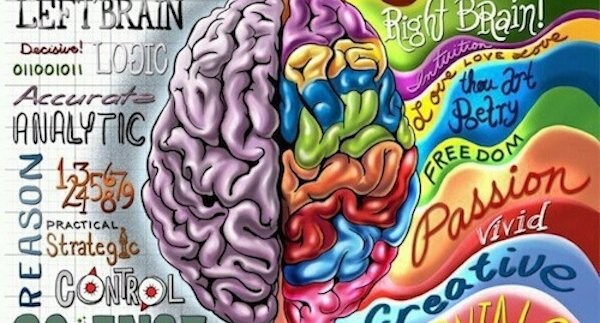Interoception, often referred to as our eighth sensory system, plays a crucial role in our ability to notice and understand our internal sensations. This article delves into the significance of interoception in emotional regulation, emphasizing its role as the foundation for independent self-regulation. We will explore how honing interoceptive skills empowers individuals to manage their emotions proactively, make informed decisions, and navigate life with greater agency.
The Role of Interoception
Interoception is the process of perceiving and interpreting internal bodily signals, such as heart rate, breathing, and visceral sensations. It serves as the body’s early warning system, allowing individuals to recognize emotional shifts and physiological changes before they escalate to overwhelming states. Here are some key aspects of the role of interoception:
- Emotional Awareness: Interoception enables us to detect emotional states, including anxiety, anger, and overwhelm, in their early stages. This awareness is essential for emotional self-regulation.
- Proactive Self-Care: With well-developed interoception, individuals can take better care of their own needs. They can identify when they need to step away from a situation or seek support, preventing emotional crises.
- Regulation vs. Dysregulation: Healthy self-regulation involves gently guiding the nervous system back to equilibrium rather than swinging between extreme emotional states. Interoception is instrumental in achieving this balance.
The Consequences of Impaired Interoception
Reduced interoception can have significant repercussions, particularly following chronic and traumatic stress. When interoceptive abilities are compromised, individuals may struggle to notice emotional shifts and bodily signals. This can lead to several adverse outcomes:
- Late Recognition: Without interoceptive awareness, individuals may only notice their emotions when they are already in heightened states of distress. This delay can make it challenging to proactively manage emotions.
- Altered Decision-Making: Research has shown that altered interoception is associated with conditions like depression, leading to impaired decision-making based on bodily signals. This can hinder logical and emotionally informed choices.
- Overthinking and Overwhelm: Relying solely on logic due to poor interoception can result in overthinking, overwhelm, and rumination. These mental processes contribute to emotional dysregulation.
The Benefits of Cultivating Interoception
Practising interoception engages vital brain regions related to self-awareness and regulation. It also activates the vagus nerve, which biologically and neurologically promotes relaxation. Here are some benefits of honing interoceptive skills:
- Enhanced Self-Regulation: Interoception empowers individuals to intervene and redirect their nervous system before dysregulation occurs.
- Brain Plasticity: Consistent interoceptive practice can shape the brain’s plasticity, strengthening connections related to interoceptive awareness.
- Improved Decision-Making: Tuning into internal sensations allows for more balanced decision-making, considering both logic and emotion.
- Greater Agency: Healthy interoception fosters a sense of agency over one’s body and emotions, leading to increased self-confidence.
Conclusion
Interoception is a fundamental aspect of emotional regulation and self-awareness. By cultivating this skill, individuals can make more informed decisions, interact effectively with others, and navigate life with confidence and resilience. Just like other systems in the body, interoception can be retrained and improved, leading to a more fulfilling and emotionally balanced life.







